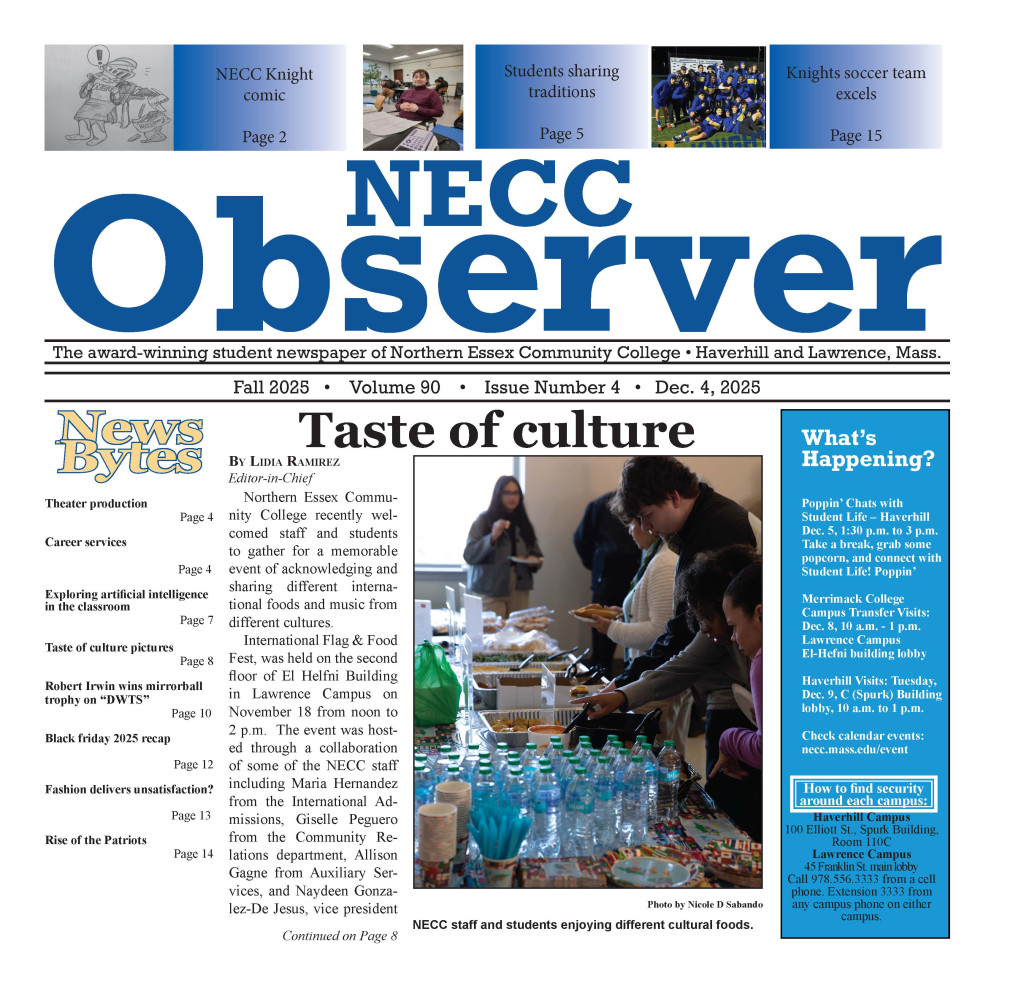Disclaimer: The title, as well as some of the text within this document was written by ChatGPT
How ChatGPT works
In simple terms, ChatGPT works as an AI capable of summarizing texts, providing general knowledge questions, as well as generating human-like responses based on input it receives.
It is like a big brain that tries its best to talk like a person, but sometimes it might make mistakes or not know the right answer.
How to use for resumes and cover letters
When using ChatGPT to create resumes and cover letters, it’s important to use the generated text as a starting point or a draft. However, directly copying and pasting a job description is not recommended. ChatGPT might make up information about your work history or previous experiences, leading to false statements. It’s crucial to take the AI-generated content with caution and not rely entirely on its accuracy.
Use it as a reference but be sure to review and verify the information before finalizing your resume and cover letter.
If you need assistance or guidance with what to include, NECC Career Services is available to provide support and help you make informed decisions.
Myth busting: Students will use ChatGPT to cheat
A common misconception about ChatGPT is that students will utilize it to cheat. Is this true?
Well, it depends on the subject. ChatGPT’s math capabilities are limited in the free version. While it can handle basic arithmetic and some calculus problems, it struggles with complex or advanced math problems, especially in fields like physics. It does not have a built-in calculator or the ability to solve intricate mathematical equations.
In terms of essays, ChatGPT’s abilities to write may vary. Due to the fact that ChatGPT lacks real world knowledge beyond what it was trained to do, it may not provide accurate or up to date information about certain subjects.
However, the quality and accuracy of the information it generates can vary, and it may not always meet the standards of academic or professional writing. It’s important to review and edit the content generated by ChatGPT to ensure it aligns with your desired level of accuracy and clarity.
No, people don’t have to worry about cheating using ChatGPT.
Its capabilities are limited to summarizing information and generating text based on what it has learned.
It is not reliable for complex problem-solving, such as math. Students can use ChatGPT to enhance their writing skills, but they should be cautious, verify details, and correct any mistakes encountered.
As for math majors… Well, sorry, unless ChatGPT has a NASA level computer, the possibility of the AI doing all the math is impossible.
My experience
I use ChatGPT a lot but only to a limited extent. I sometimes experiment with the software by giving it physics or calculus problems, but from what I experience, ChatGPT cannot be considered a cheating tool in any respect.
To address any skepticism from professors, I recommend conducting a scientific test to assess ChatGPT’s problem-solving abilities, across all versions, to provide valuable insights into its capabilities and limitations. Such a test would serve as an opportunity to demonstrate the workings of ChatGPT and gain a clearer understanding of its boundaries.
Conclusion
From my perspective, I see ChatGPT as a great tool to create a skeleton structure of resumes and cover letters, which takes away the headache of writer’s block. I highly recommend utilizing ChatGPT for compiling a cover letter. It has proven effective for me in the past.
In addition, I suggest seeking guidance from Career Services to ensure the quality of your resume and cover letter before submission. In terms of academic integrity, ChatGPT is limited to what it can do and is susceptible to spreading false or inaccurate information based on what it has been trained on. Therefore, it cannot be used as a cheating tool for students, especially in math-based subjects.
For more information: ChatGPT website: https://openai.com/blog/chatgpt
NECC Career Services: careerservices@necc.mass.edu or book a meeting through Navigate
Robert Suriel is a current NECC student who served as a Federal Work Study student at Career Services this past year.

